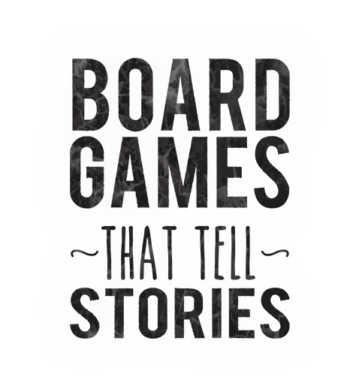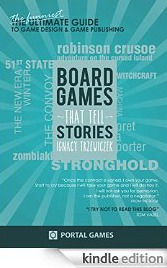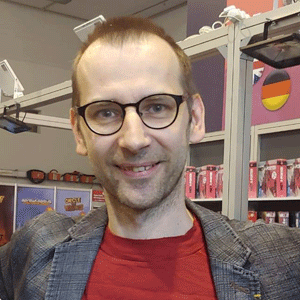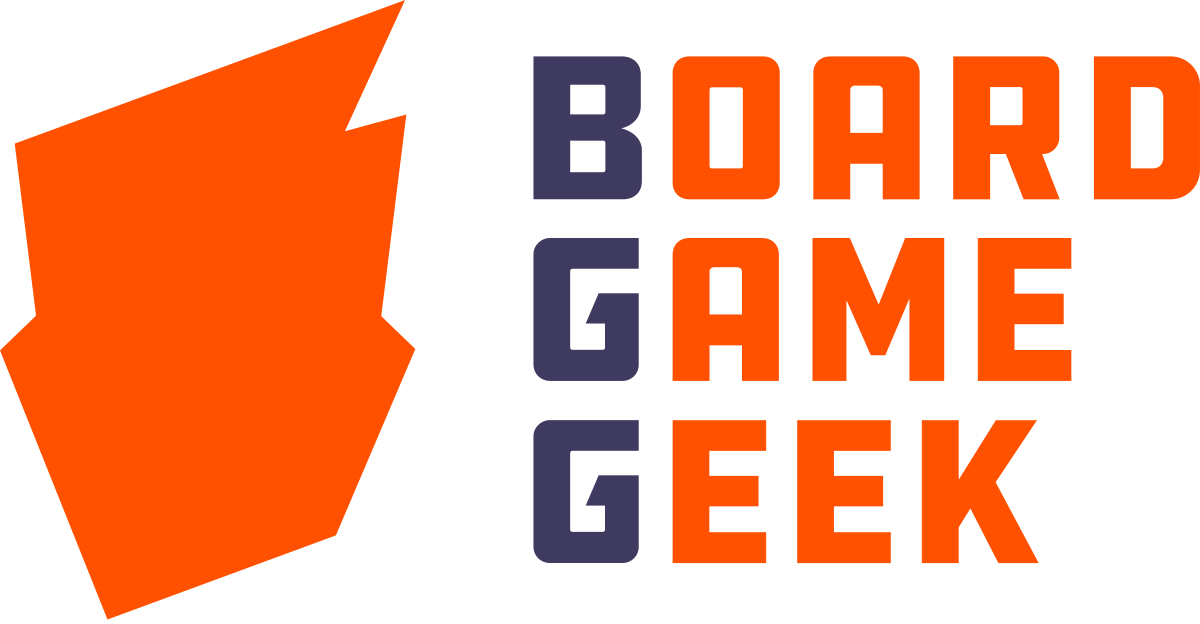GDJ – Breakdown of the design process in Dune: House Secrets, part 2
In the previous article, I discussed most physical components of Dune: House Secrets and what their purpose was in the game, and how they helped immerse players in the story. Today we continue the breakdown of the design process – I’ll discuss one deck and the website.
Mindmap
One of the most famous components in Detective: A Modern Crime Board Game, were photos. A square-shaped deck of cards with portraits of every non-player character in the story. As the game progresses and players meet these witnesses, suspects, and consultants, the photos land on the wall creating the beautiful, insane mind map of correlations and interactions between story characters. Players are detectives. They must find the murderer. The photos and mind map does the purpose.
Dowiedz się więcej: GDJ – Breakdown of the design process in Dune: House Secrets, part 2
Your experience in Dune: House Secrets is quite different. In Dune: House Secrets, player characters are now rebels, not investigators. So while players are still challenged to explore a world and unravel a complex mystery, the story itself unfolds in a new, exciting way. When players are given visual glimpses into this world, it’s less about building a mindmap of suspects and case evidence, and more about navigating this rich, foreign setting. We hired an army of illustrators to visualize the various key characters and locations that you encounter during your missions. As the game progresses and players visit new places and cross paths with new people, they draw cards that transport them to the deep deserts of Arrakis and help to bring this immersive experience to vivid life.
This one small change in the art direction, moving from non-player character portraits into environmental artwork and location visualization is another small piece that adds to the new experience in Dune: House Secrets.
Antares database
As mentioned in the previous article, Detective: A Modern Crime Board Game, is known for its integration with the website — the tool that allows players to log into a sort of FBI system and browse through databases, compare fingerprints of suspects, check DNA samples, and do other cool things.
I guess you heard about The Butlerian Jihad, the war that ended up removing computers from human life in the Dune universe. That was one of our first topics when discussing the game with Legendary. What about the website that the Detective system uses? Will Dune: House Secrets use a companion website?
Yes, with the twist.
We decided we would use it as a tool for players, not player characters. Let me explain.
In Detective, the player uses Antares website, but they do it roleplaying as their character. It’s their character who logs into the system and checks DNA samples.
In Dune: House Secrets, the player characters cannot use an in-world website during their adventure, because there is no such thing as a website to access within the Dune universe. May it be in Portland or Poland, only the players themselves can access our website for their own purposes, so we needed to find an authentic way to use the website to enrich the gameplay.
How’s that?
We decided we would use the website as a guide into the rich lore of Dune. We use it to educate players about the Houses, conflicts, politics, and all things their character living on Arrakis already knows, but players living in Dallas don’t.
Also, being aware that so many players will be discovering the world of Dune for the first time, and we cannot leave them behind, we decided that the Learn History feature is a must.
Beautifully animated cutscenes, two minute long videos assist players in some crucial moments educating them about Atreides, Harkonenns, Geidi Prime, and other important facts. Facts important to understand the depth and all layers of political plot we have in the game. Not only does this material establish the existing Dune canon, but also explains new stories exclusive to the game.
These videos are visually stunning, but more importantly, they make the complex mythology of Dune more accessible and help players comfortably navigate this world and solve the mystery on their own terms.
Final report
At the end of each game of Detective: A Modern Crime Board Game, players must complete the Final Report and answer questions. They answer who was murdered and what the motive was. Although this element seems absolutely mandatory in the murder mystery game, we’ve struggled with it for years. What we see in the feedback and playtesting is one big issue: players have a blast feeling like they’re awesome detectives for three hours, only to give a few wrong answers during the Final Report at the end and learn they weren’t that awesome, after all. The positive energy, the fun, the amazing memories, and the experiences are all gone in a split second. You finish a 3-hour game session, and the game leaves a bad taste in the mouth… all because you gave one wrong answer at the end.
We played with this system and changed it for the Vienna Connection game, and then, seeing very positive feedback, we followed up this design direction in Dune: House Secrets.
In Dune: House Secrets, we went for the concept of the RPG campaign. When you play a tabletop roleplaying game, the game sessions flow, one after another, without Victory Points or the Game Master judging your efforts and achievements with some Final Score. You just get to play, enjoy the story, and wait for more.
At the end of each mission of Dune: House Secrets, players read the epilogue together and choose one topic that interests them the most. The one plot element they feel is most important, but they just scratched the surface. They ask Zarzur, one of the leaders of the Fremen rebellion, to tell them more about this particular element and help them prepare for the next game session.
We know this is an unexpected shift for all of you who’ve played Detective before, but it’s a natural and satisfying conclusion for the game and anyone who has played tabletop RPGs.
Final words
It’s fascinating for me, as a designer, how much you can play with the system, how much you can tweak and change even in such a simple game mechanic like Detective. How we – designers – achieve our goals, specific player experience by changing a few small elements here and there, and how it was possible to change a full-blown investigative best-seller into a brand new beast about sabotage and rebellion.
I wish you all the best with the game, and I hope that you and your friends will have a great game night on Arrakis.


 I strongly believe that good board game is the one that tells a good story. You play it and suddenly you are sucked into it, you feel chills on the skin. Emotions grow. In a moment you defend castle. You hear roar of warriors. You smell boiling oil. You are into it.
That's how I design my games. I always want to tell a good story. I want players to be into it. As deep as possible.
I strongly believe that good board game is the one that tells a good story. You play it and suddenly you are sucked into it, you feel chills on the skin. Emotions grow. In a moment you defend castle. You hear roar of warriors. You smell boiling oil. You are into it.
That's how I design my games. I always want to tell a good story. I want players to be into it. As deep as possible.




Leave a Comment